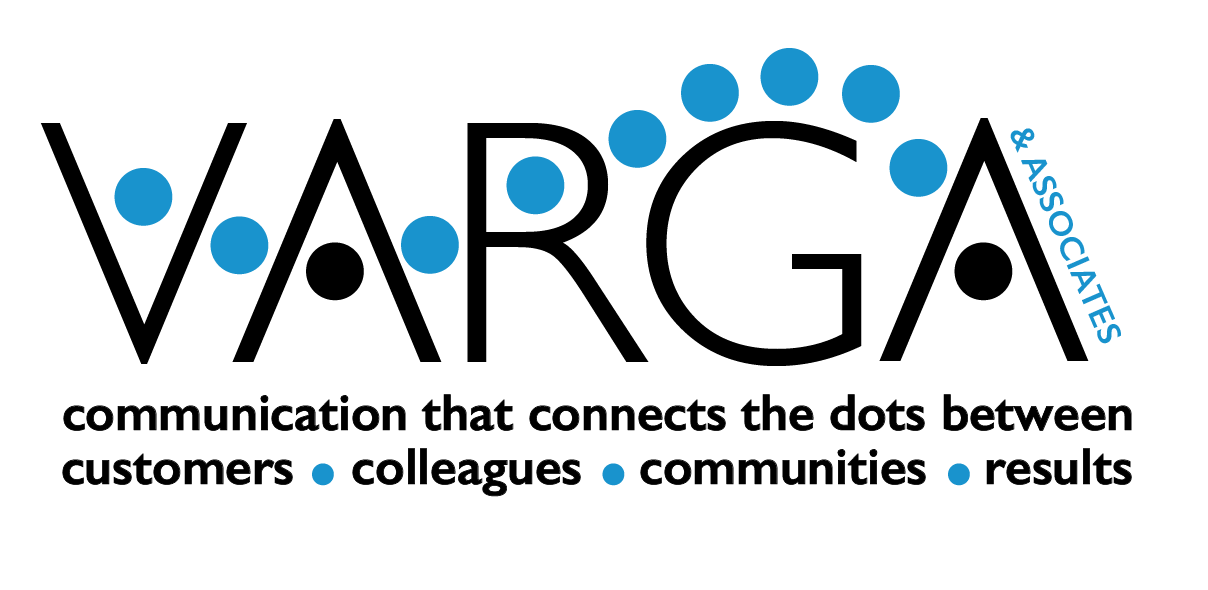As a leader, you are always looking for new ways to engage and enlist your team. The following is an opportunity to consider.
With a mature and seasoned team, one of the most powerful and fast, exercises you can take your team through is one where the feedback your team hears is from each other – not you, their leader.
If you have ten team members, as an example, carve out an afternoon where each person will have the opportunity to sit with each team member for 10 minutes. During their ten minutes, they will each have five minutes to share the following with one another:
- Here is what you do, specifically, that most helps the team succeed
- Here is what you do, specifically, that most stands in the way of success
An example of how this might sound between Susan and Stan (Susan sharing her feedback with Stan during her five minutes) is:
Susan: “Stan, from my perspective, one of the things that you do that contributes most to our team success is your follow-up. I don’t know of anyone who is as disciplined and through as you are in this regard. I always know where the project stands and that saves me a lot of time and worry.”
Susan: “Stan, in terms of something you do that stands in the way of success, I would suggest it might be that at times you tend to over-communicate. There are days when I receive as many as 20 e-mails from you on the same topic when one summary e-mail would suffice. I appreciate you considering to make adjustments here. Any questions? Thanks for listening. Now, it is your turn to give me feedback…”
For a team of ten, you will want to allow about two hours. In advance, designate 10 meeting spots and create a list that includes the pairings, the places and the time slots.
The key to this exercise is not to give any advance notice and instead surprise the team with the assignment. This helps with spontaneity and candor when people don’t spend time in advance preparing what they have to say.
After the fast feedback rounds have all taken place, it can be effective to bring the team back together and debrief. While no one should be asked to share specifics, general questions can help process the activity.
- How did you like (or not like) the process?
- What did you learn about yourself – others?
- What was the most powerful discovery?
Again, this exercise is for a seasoned team who wants to take their collaboration and commitment to the next level. The kind of candor and intimacy this exercise produces might not be appropriate for a newly organized team who are still getting to know one another.
As the new year approaches, this could be a powerful way to enter 2010 with an even stronger team.






